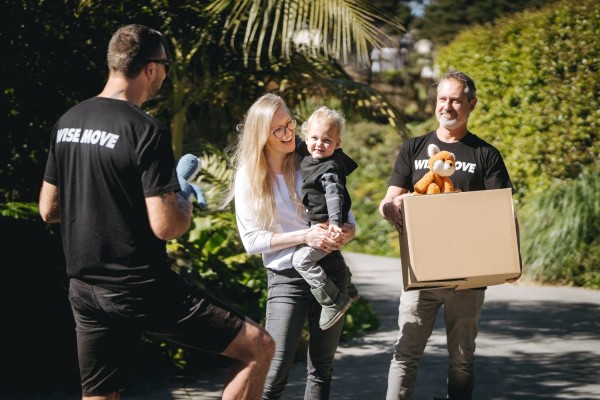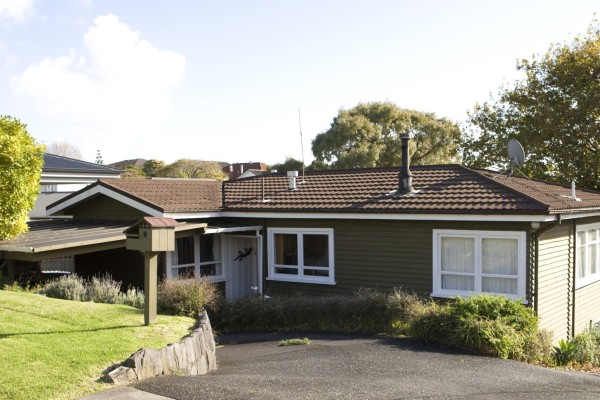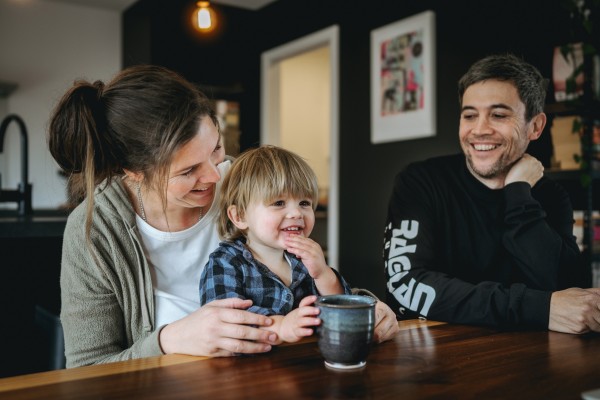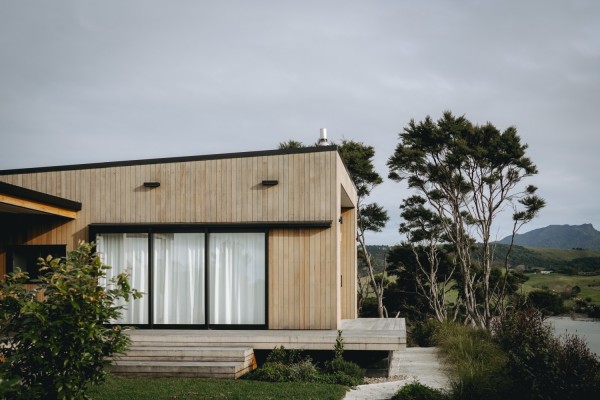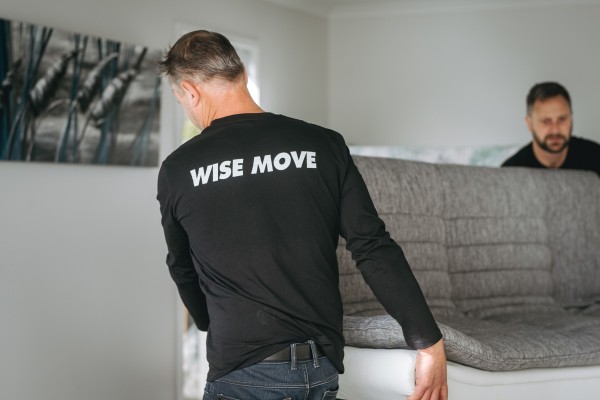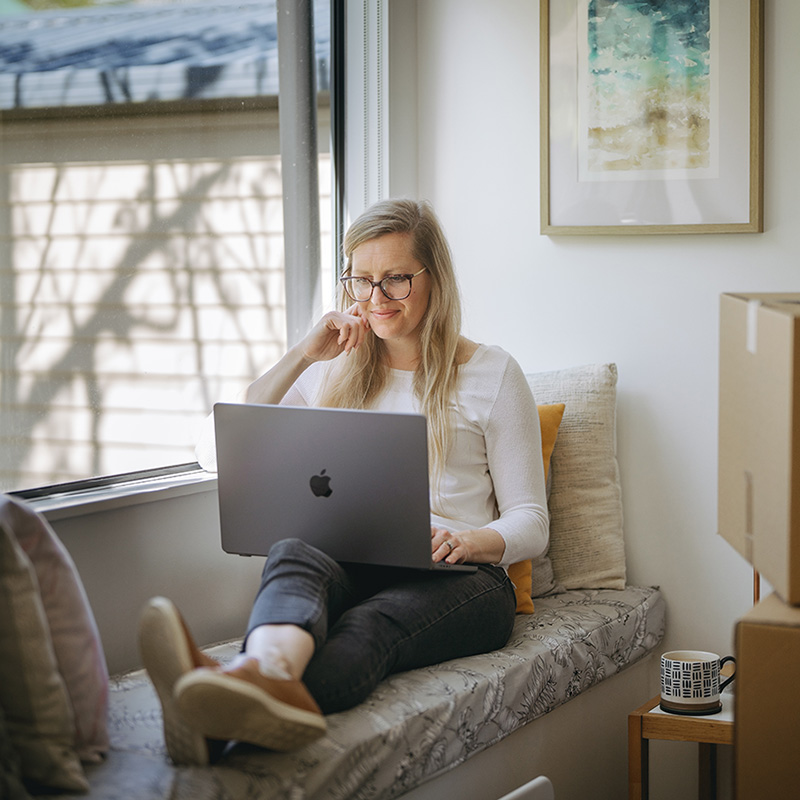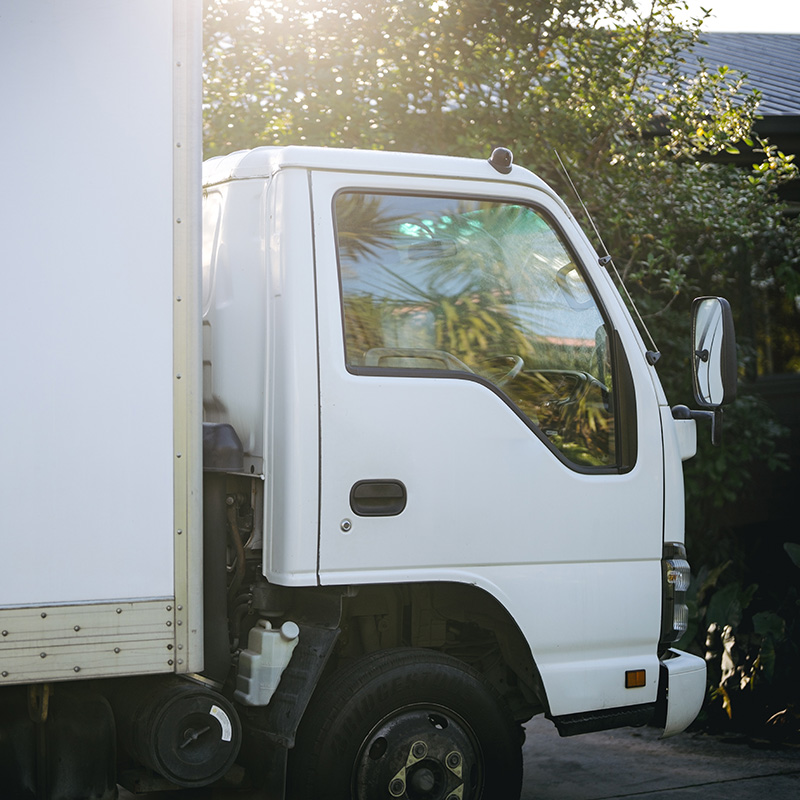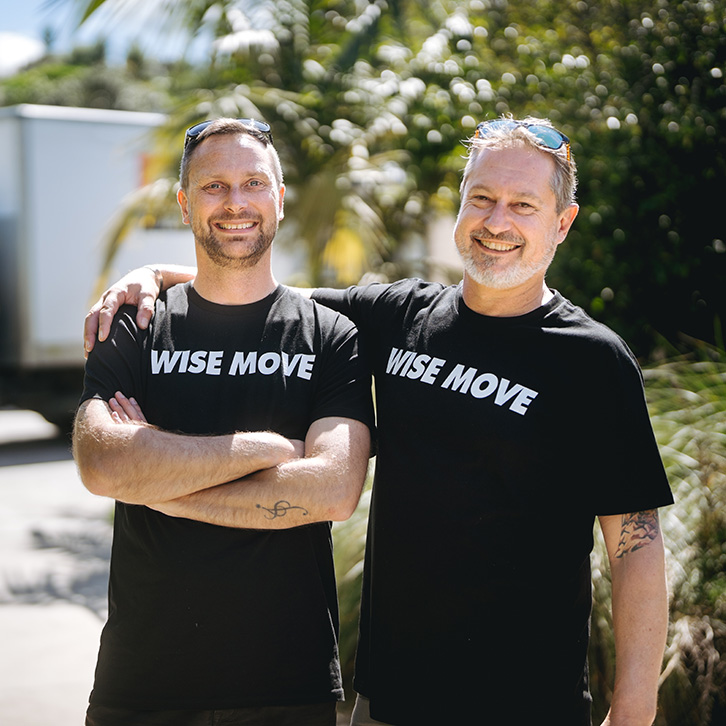How to rent a flat in New Zealand

If you’re moving to New Zealand to work and travel, you’ll need to find accommodation while you are here. Renting a flat can be an exciting part of your travel experience.
Renting is a great way to meet local people and signifies that you have successfully embraced life in a foreign country. The process of finding the right flat isn’t always easy, however.
In this guide, we walk you through five simple steps of finding a flat to rent in New Zealand, including the types of accommodation to look for, where to find apartments, viewing procedures, necessary paperwork, and tips for living with your housemates. Let's dive into the flat-finding process and maximise your time in New Zealand!
Step 1: Deciding What You Need
The fastest way to find a flat in New Zealand is to rent a room in an already established flat. Applying for rentals on your own can be time-consuming and many landlords won’t rent a two-bedroom or more flat to a single occupant. If you’re moving on your own or with a partner, you may find it faster to apply for rooms to rent, than your own apartment.
Renting a room with other people means that you are only responsible for yourself. There’s a possibility you might not have to go on the lease and there’s a better chance you can find a furnished home.
While searching for somewhere to live make sure you are searching for flatmates rather than residents to rent.
Step 2: Finding Rooms To View
There are lots of ways to find apartments or places to rent in New Zealand. TradeMe and Facebook have flatmate-wanted groups and listings that make it easy to find established flats in a wide range of cities.
Type in the name of your city plus ‘flatmates’ into Facebook and see what type of groups come up. Depending on when you move, it can sometimes be hard to find a flat as there is a lot of competition. February and March are the busiest times to look for accommodation in New Zealand. If you are moving to New Zealand at the start of the year, be prepared to be proactive about responding to ads.
Some listings get up to a hundred applications, so try to respond to new postings as soon as they come up.
Places to look for flatmate wanted ads include:
-
TradeMe Flatmates Wanted Section
-
Facebook Groups
-
Exploring backpacker and local Facebook groups
-
Checking supermarket notice boards
Step 3: Going to Viewings
Before committing to an apartment, it is important that you visit the property in person. Most people will want to interview you and make sure you have met all the existing flatmates. Viewing the home in person allows means you know what you are signing up for.
New Zealand homes can be of lower quality than what many European and American travellers are used to. Your new home may not have central heating or air conditioning so it’s a good idea to check it out and make sure you are happy before you move in. Most flats and apartments come with a washer while only some will have a dryer. It is now law that all rentals have a heater installed in the living area.
You’ll also get to meet the existing flatmates and make sure you all get on. While you don’t have to be best friends, its a good idea to have similar values or lifestyles. If you don’t like to party and move in with people that love staying up all night, you may run into problems sooner than you think. Every flat is different and you’ll need to ask the existing flatmates how they run their house. The following questions can help you find a place that fits your needs:
-
How much is the rent and bond?
-
Do you share food or cooking and cleaning?
-
How many weeks in advance do I have to rent?
-
What day do I have to pay rent?
-
What kind of appliances do you have?
-
Do you use your heating and dryer when it gets cold?
-
When is the move-in date?
-
How many occupants are allowed?
-
Is the apartment fully furnished?
-
Do you have parking?
-
What’s your policy on noise?
-
Am I required to go on the lease?
-
How much notice do I need to give if I want to move out?
Step 4: Complete the Paperwork
Once you have found a place to live in New Zealand, it is time to complete the required paperwork. This step ensures that relevant tenancy laws in the country protect you and will minimise any potential misunderstandings. Common paperwork you may need to complete includes:
-
Tenancy agreement
-
Flat/houseshare agreement
-
Bond lodgement form
The tenancy agreement will put you on the lease and make you an official occupant of the house you are living in. This means you are responsible for the upkeep of the home and responsible for paying for any damage that occurs while living there.
Don’t worry. It’s very common to be put on the tenancy agreement when you move into a shared flat. If you only plan on staying in your accommodation for a few months you might want to skip this step. However, you’ll have to discuss it with your flatmates first.
Most shared houses in New Zealand don’t expect you to sign a flat agreement. However, if you’re presented with one, make sure you read it through so you know what to expect. Some landlords will ask you to sign an agreement that limits you to small gatherings and prohibits house parties or uninvited guests from staying at your home.
Your bond should always be lodged with Tenancy Services
If your flatmates or landlord are asking you for bond money, make sure you are presented with an official bond lodging form. This will ensure your bond is officially lodged with the right parties.
Step 5: Setting up your home
Now that you have moved in, it's time to pay your rent and make the most of your new home away from home. Set up an automatic payment for your rent each week. You can do this from your banking app so that you never miss a payment.
In New Zealand, you’ll pay rent every week rather than once a month. You’ll also pay via electronic transaction rather than cheque or cash. Be wary of anyone that asks you to pay in cash, especially if you haven’t moved in yet.
If renting an unfurnished home, you can shop for furniture on TradeMe or check out these second-hand stores in Auckland, Wellington or Christchurch.
What do our customers say?


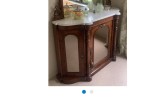

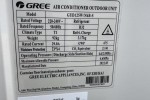
For every (wise)move
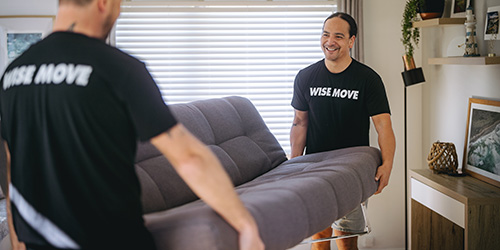






What’s happening?
Please notify us of any violations. This information will be kept confidential and shared only with Wise Move.
- It’s inaccurate or incorrect
- If you find it offensive
- It’s something else
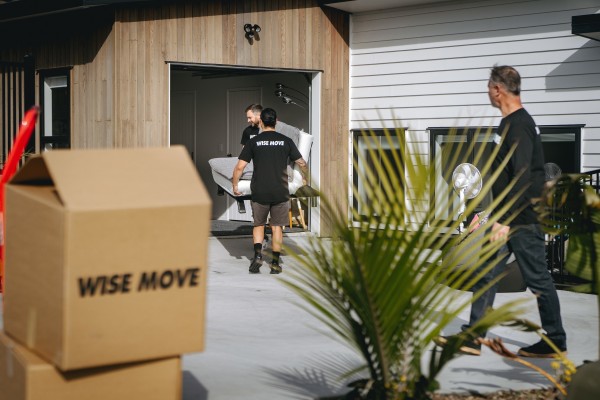
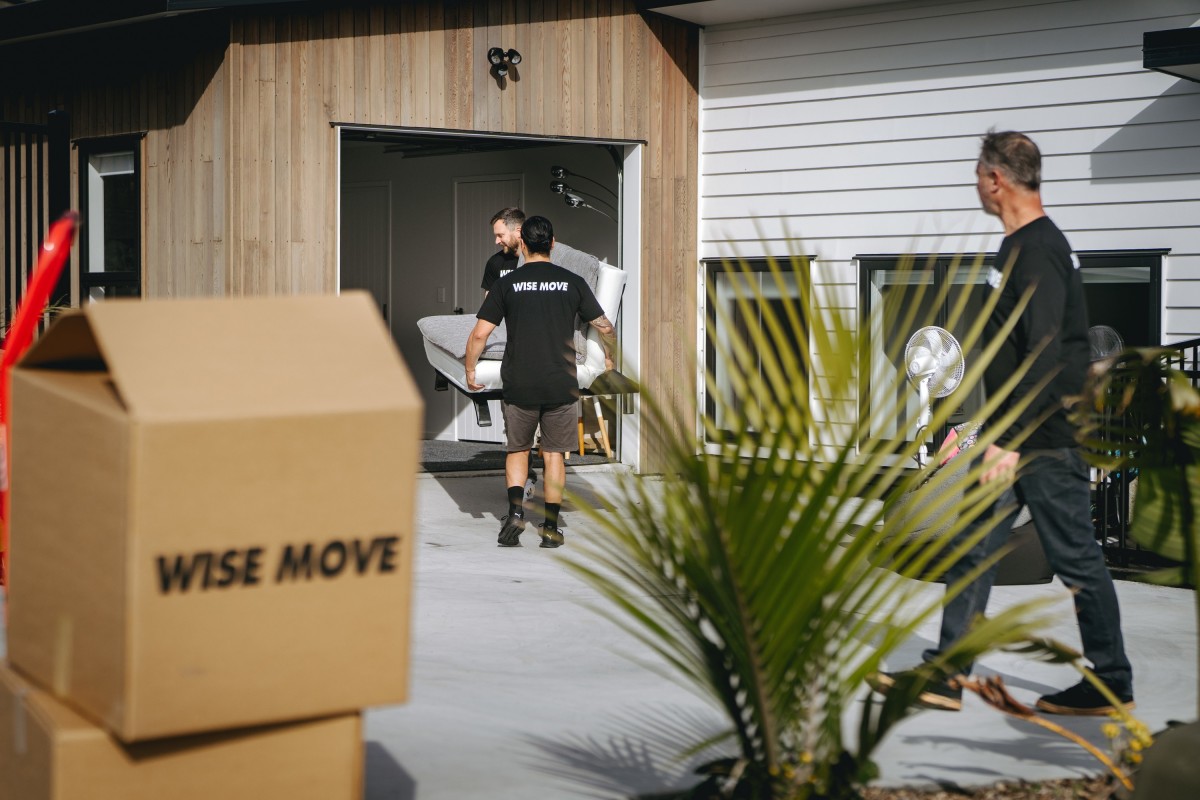
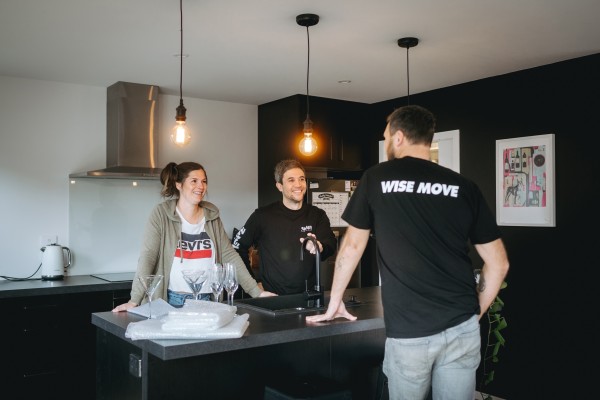
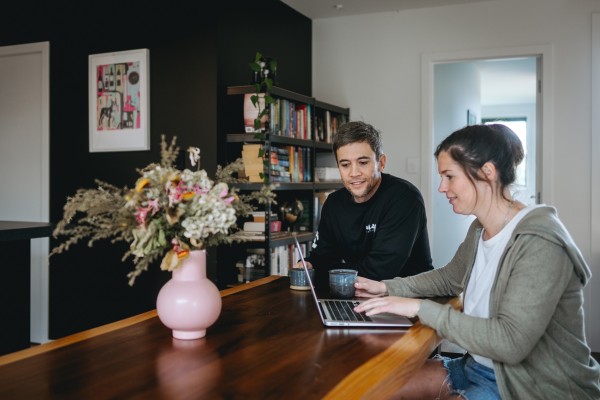
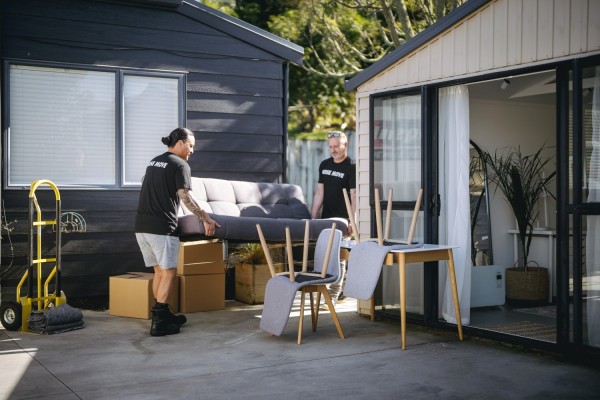
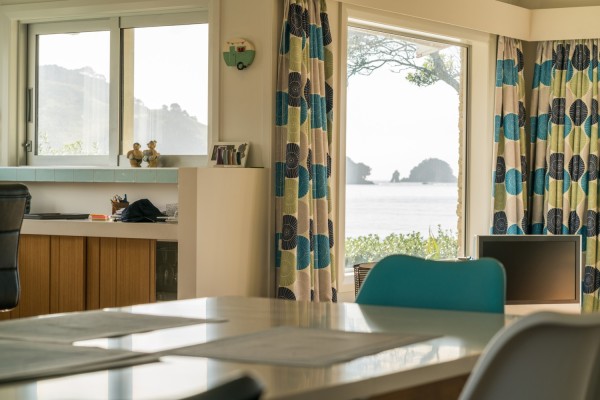
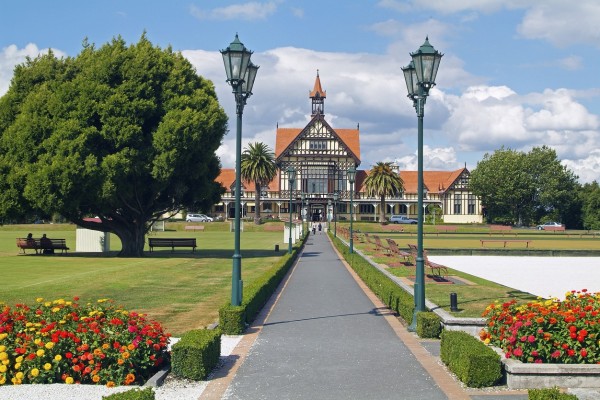
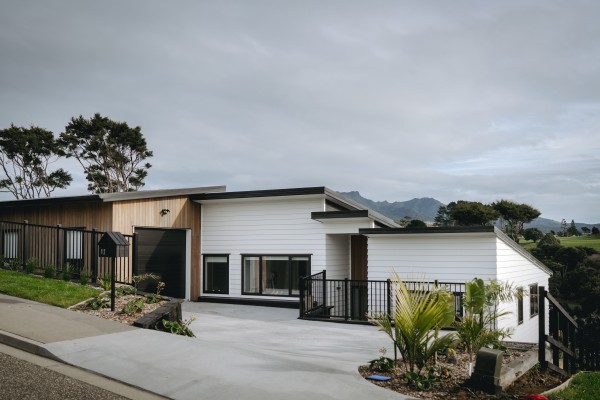
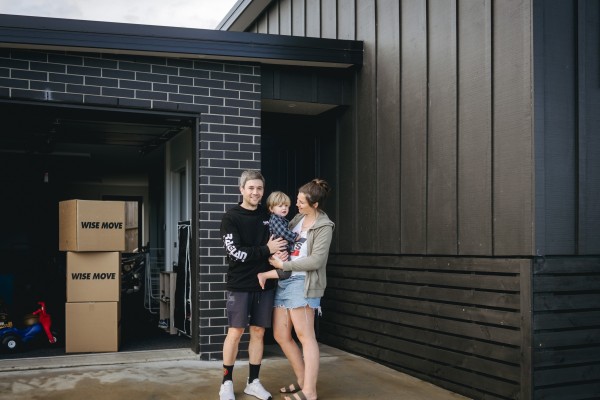
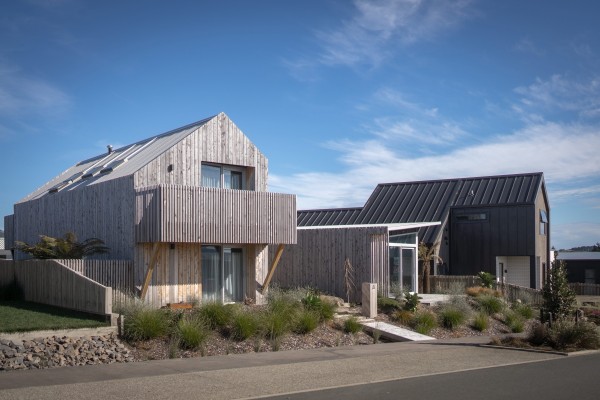
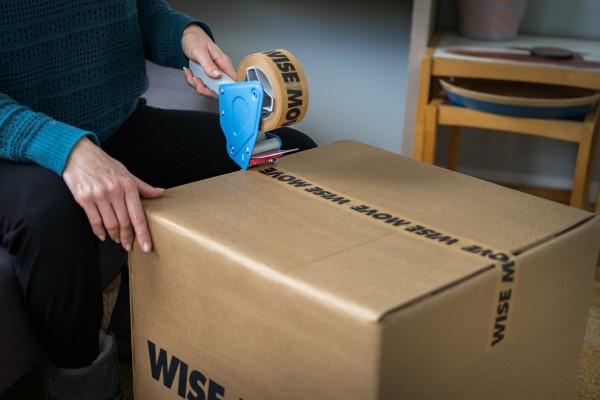
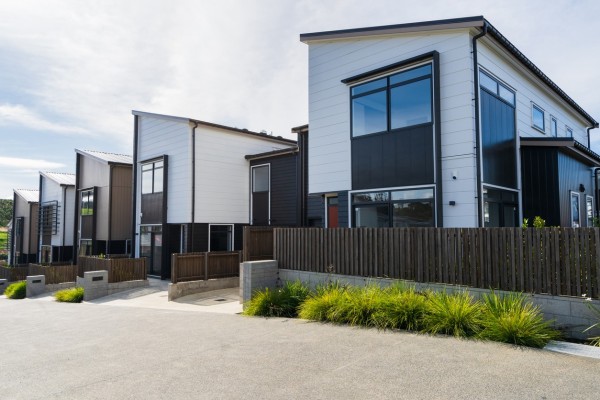
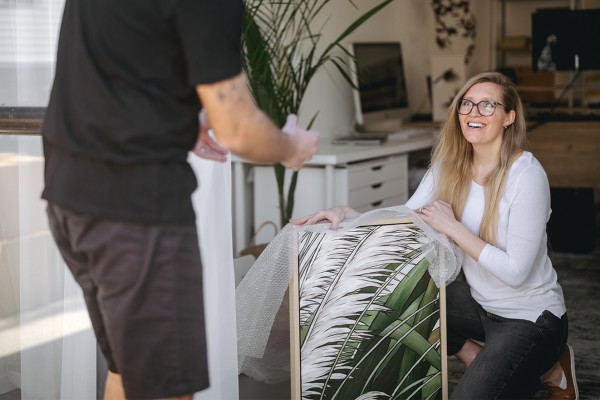
![What does it cost to build a new house in New Zealand? [2025] What does it cost to build a new house in New Zealand? [2025]](https://cdn.wisemove.co.nz/image/blog/ffd5dbdc5eec7e9eb3ad049d6c5c7f4d.jpeg)
